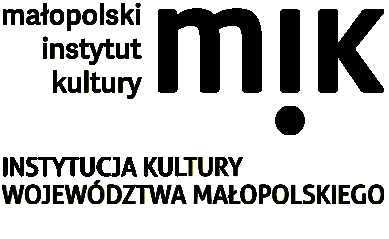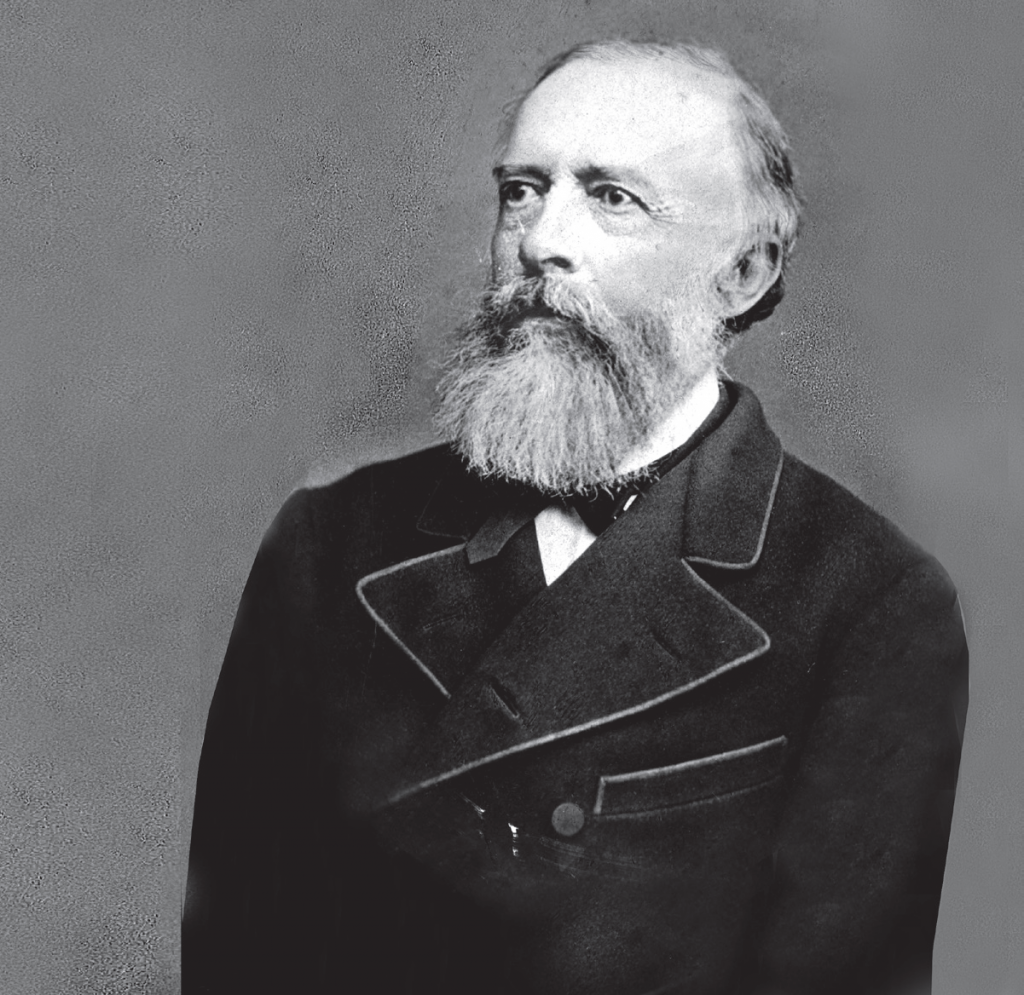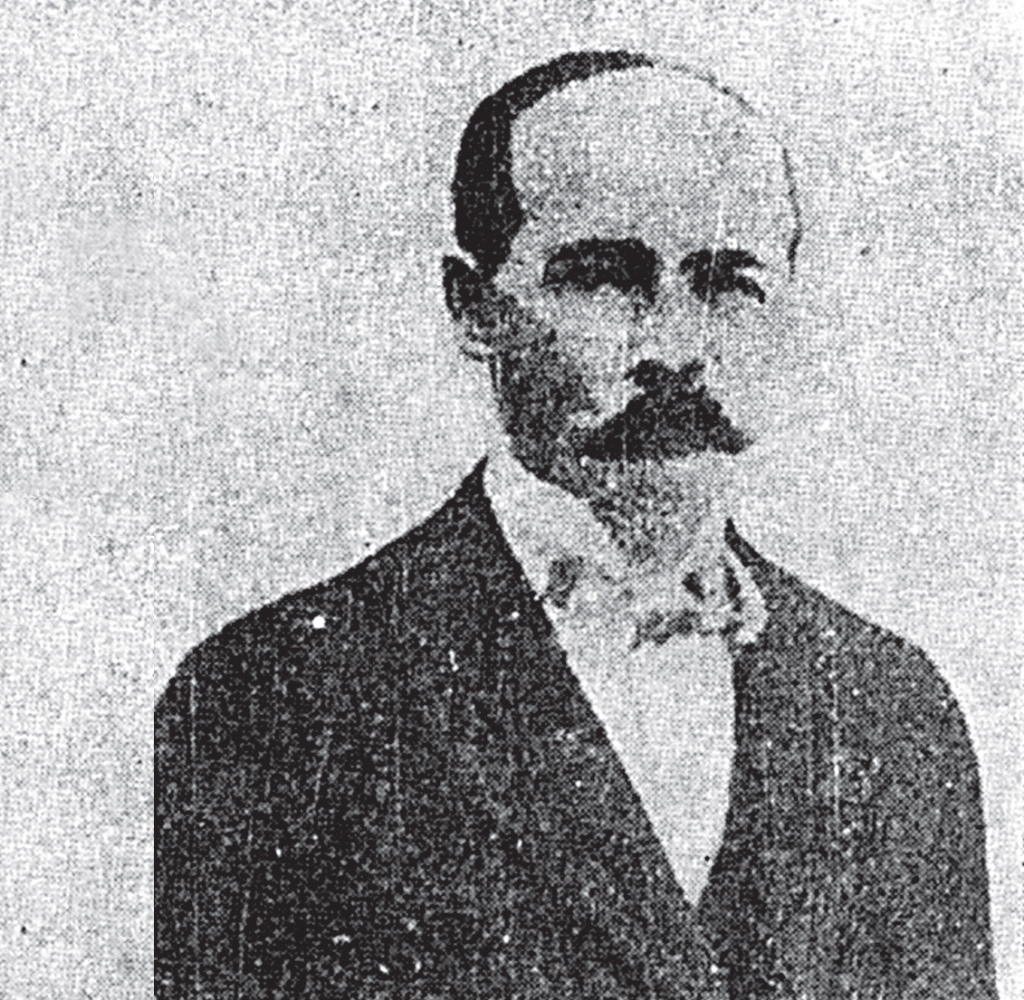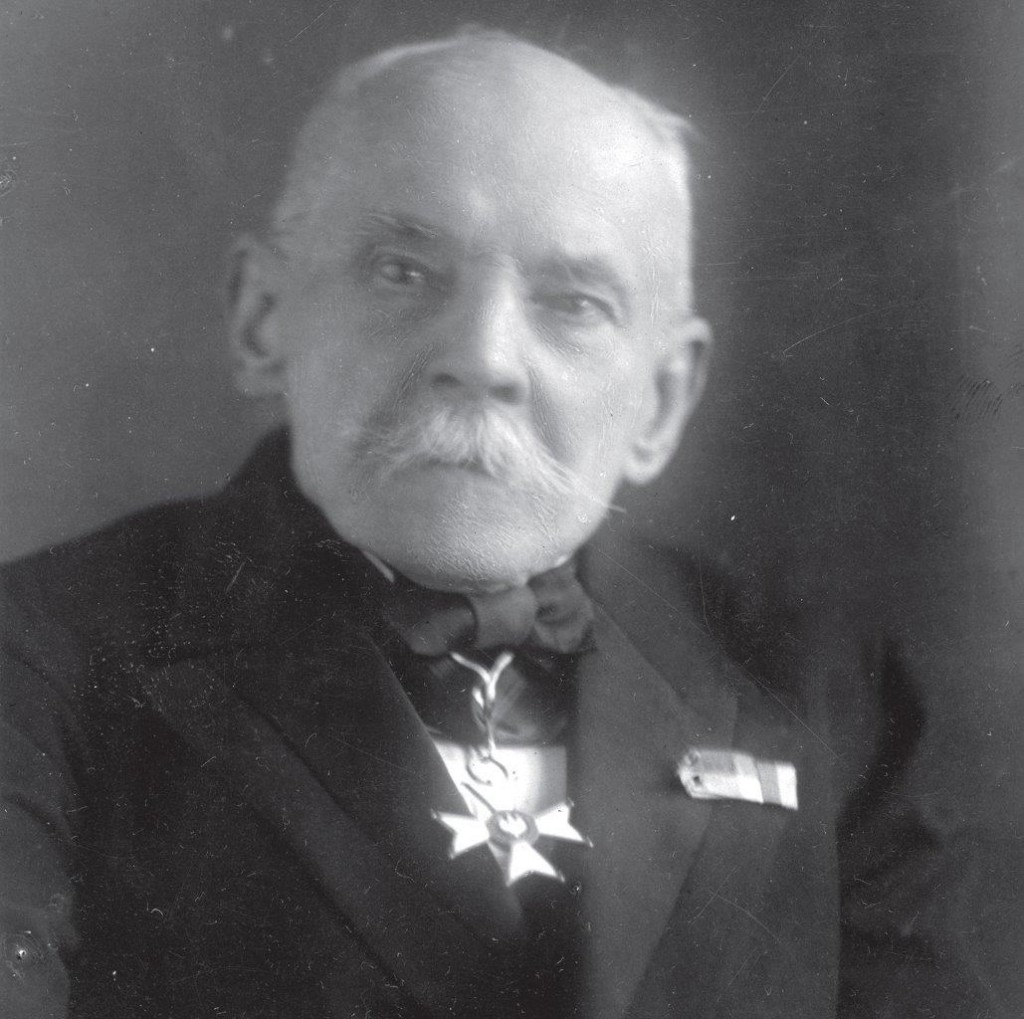As the son of a wealthy landowner, when he came of age, he received the villages of Polanka and Świerzowa. In 1853, the herd of sheep – a source of considerable income for the Polanka farm – was being decimated by an epidemic. The witch doctor brought in from Bóbrka recommended that the sheep be covered with the black goo, which was plentiful in the local waters. The treatment was unexpectedly successful and Trzecieski turned his attention towards oil. He collected it not only from the waters, but also from excavations. The oil extraction profits made Tytus Trzecieski even wealthier and let him expand as a philanthropist.
From an early age, Zenon Suszycki was interested in technology, which led him to the Faculty of Mathematics and Physics of Moscow University. He fought in the January Uprising and had to leave abroad after it was suppressed. As an emigrant in Paris, he studied at the École des mines – a mining academy – where he obtained the title of mining engineer in 1870. He returned to settle in Galicia and got involved in the development of a new industrial field, the oil industry. He got a job as manager of the oil mine in Ropianka near Dukla, where he opened Poland’s first vocational drilling school. The candidates had to meet considerable requirements – besides writing, reading, and sketching, they had to document a minimum of two years of experience working in a mine. Over the three-month-long course, the students learned the most important aspects of the machines, as well as their structure and operation. The school also promoted the new hammer drilling method.
He graduated from Higher Realschule in Kielce and from the Polish Military School in Genoa and Cuneo. He also studied economics at universities in Heidelberg, Leipzig, and Vienna. He was a member of the Polish National Government during the January Uprising. In 1868, he settled in Gorlice and took the job of head of the peasant bank. He founded Galicia’s first credit union and was elected president of the Union of Gainful and Economic Associations in Lviv. Biechoński ran the company together with Eufrozyna Dobrowolska. They managed 28 wells and employed 51 people. He wrote the book about the industry entitled: A Quick View of the Galician Oil Mining Industry.




